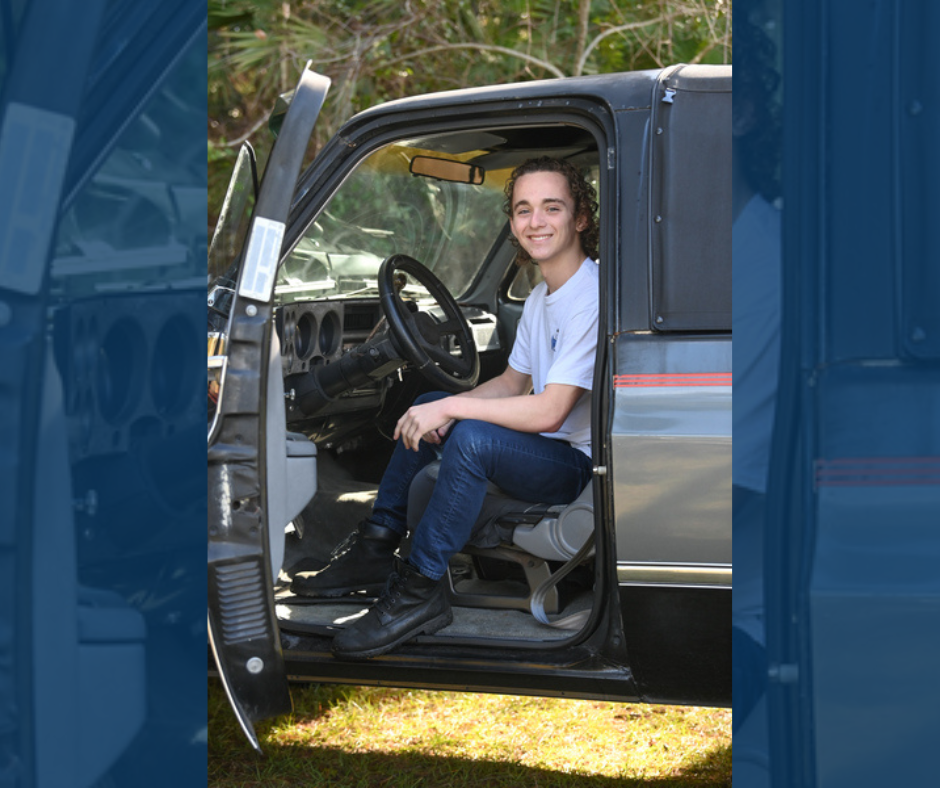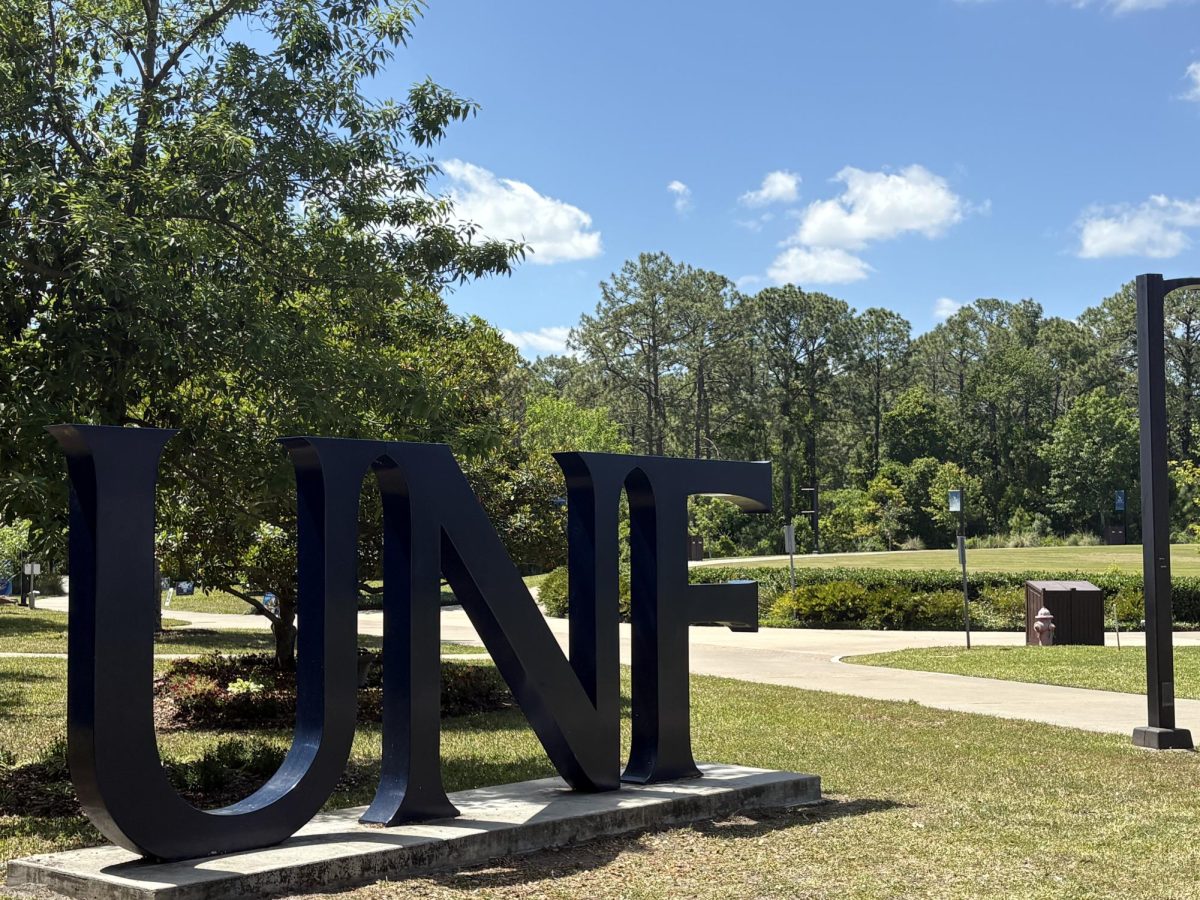By now, you might have heard of these so-called “DIY rape kits” and wondered what that phrase even means, the legality of the products, and what advocacy groups think about it.
These kits are marketed as at-home alternatives to hospital examinations that some victims find uncomfortable or even traumatizing. However, kits obtained in a hospital setting follow meticulous guidelines for collecting evidence and preserving it in case a victim wants to report the assault to the police. Advocates find companies charging for rape kits especially problematic, as states are required by the Violence Against Women Act to provide sexual assault forensic exams for free. Additionally, multiple state attorney generals and victim advocacy groups warn that so-called DIY rape kits are practically useless in court.
Only one company actually released a physical product. PRESERVEkit was taken off of Amazon, but was previously available for $29.95. The kit seemed to only include a few q-tips, some tape, and a paper bag marked “evidence bag.” Another company, MeToo Kit, promises on their website that they “will be launching soon,” but their future is unclear following a Cease and Desist order from New York Attorney General Letitia James.
“I am deeply concerned about companies selling kits that deter individuals from seeking professional care and purport to collect evidence without knowing whether the evidence will be admissible in court.” James said. “We must ensure that all survivors of sexual assault are not misled and that justice is served.”
Florida Attorney General Ashley Moody echoed James’ concerns, issuing her own statement last month. She said, “At-home kits raise all sorts of chain-of-custody and evidence integrity questions and I cannot think of a scenario where a judge would allow these kits to be admissible in a criminal case.”
The companies that designed these kits say that their product will allow victims to avoid going to the hospital and involving law enforcement, but Sheila Spivey, the Director of the UNF Women’s Center, says that hospitals provide more services for victims than just evidence collection.
“No one in the state of Florida is required to report to law enforcement in order to have a forensic medical examination conducted. It’s called a forensic medical examination because there’s the medical component to check the person over and make sure that they’re okay physically and provide them with any type of medical assistance they may need,” she said.
If someone is sexually assaulted, Spivey says that they should reach out to a local rape crisis center. The UNF Women’s Center has a 24-hour crisis helpline that can direct victims to resources and an advocate who can accompany them to a rape crisis center or help them navigate the criminal justice system if they choose to report the assault.
__
For more information or news tips, or if you see an error in this story or have any compliments or concerns, contact editor@unfspinnaker.com.














